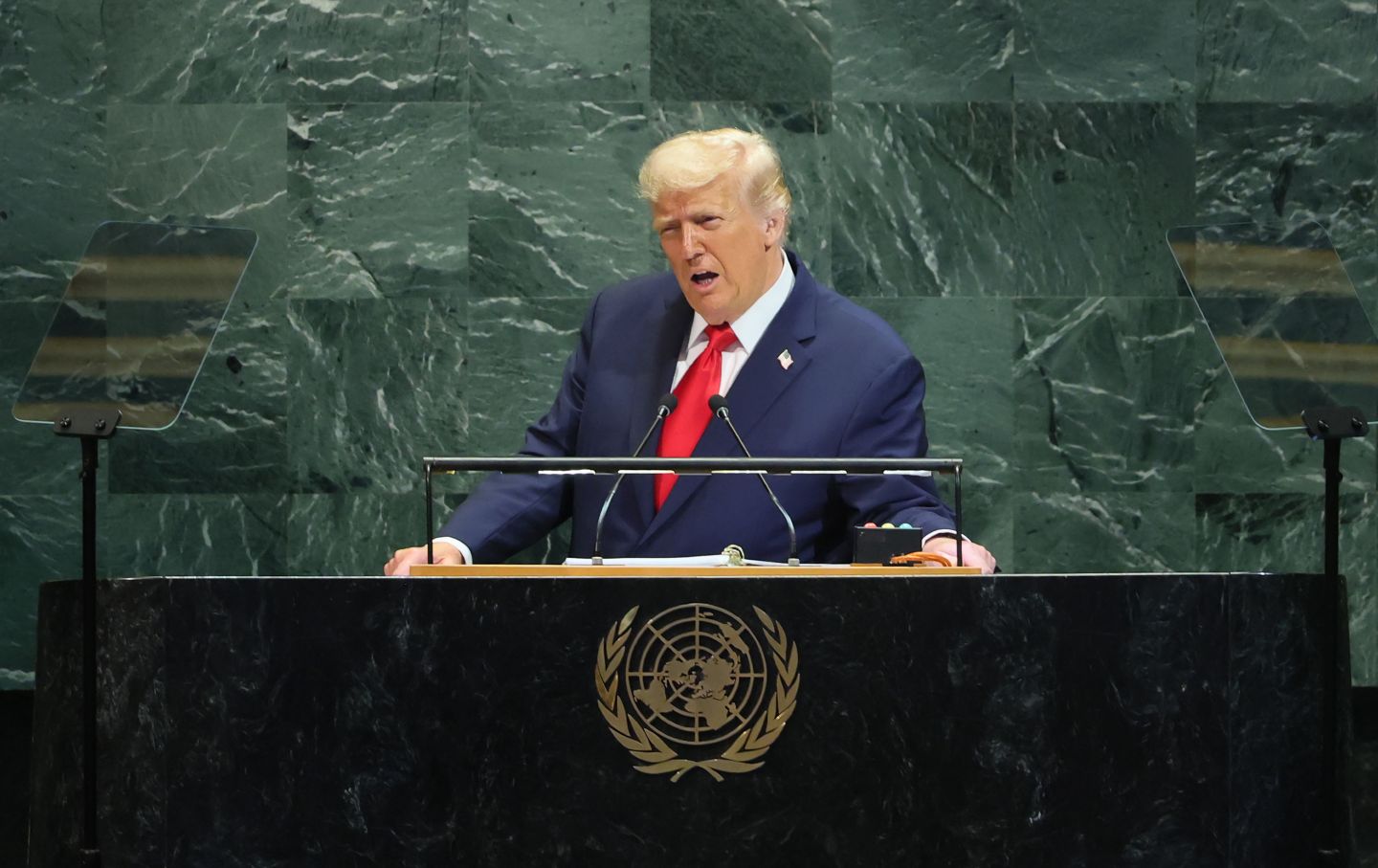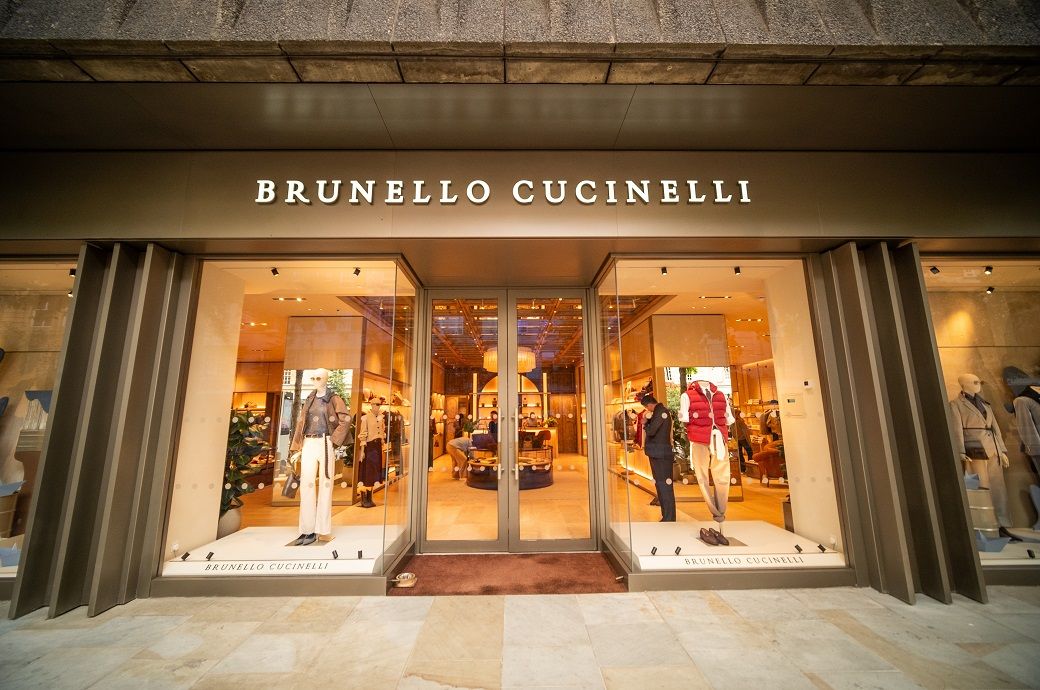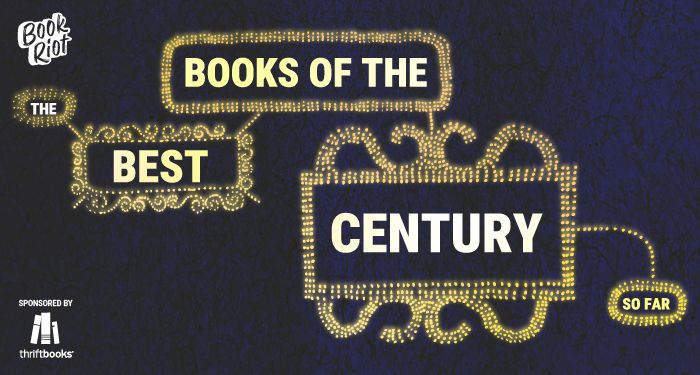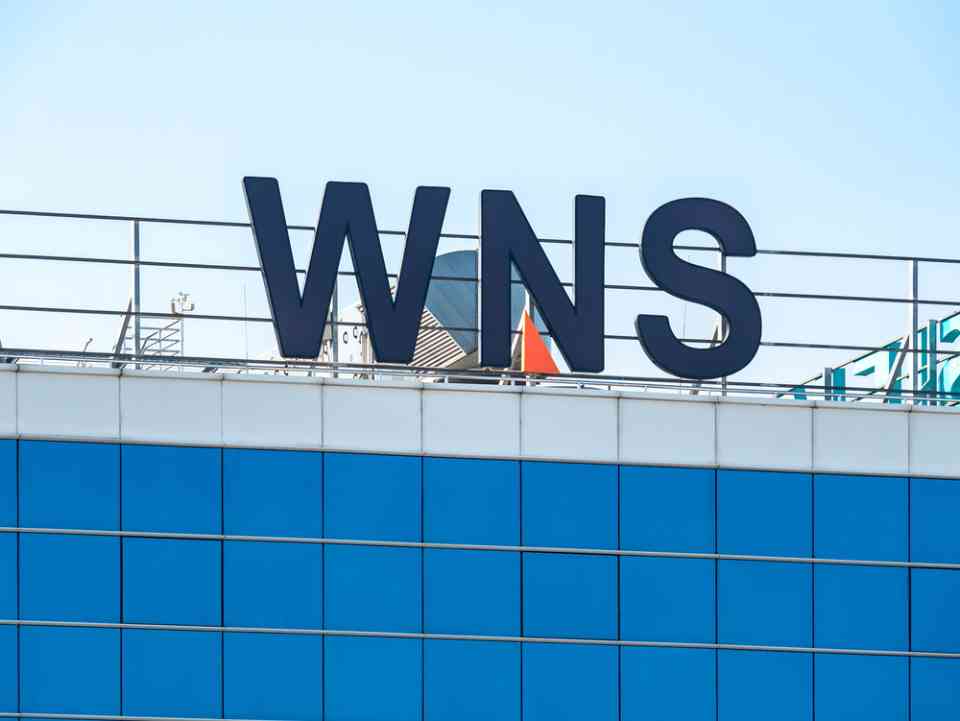[ad_1]
Javid Javdani is a seasoned entrepreneur and Doctor of Pharmacy based in San Diego, California. Born in Iran, Javid immigrated to the United States in 1982 following the Iranian Revolution. His early years were shaped by perseverance, as he worked a variety of jobs to support himself, including stints at a car wash, gas station, and restaurants. These experiences built the foundation for his strong work ethic and entrepreneurial spirit.
Javid pursued higher education in chemistry at California State Polytechnic University-Pomona and went on to earn his Doctor of Pharmacy degree from the University of the Pacific in 1994. After establishing himself in the healthcare industry, he served as the Director of Pharmacy at Kindred Healthcare for nearly two decades, where he was responsible for managing pharmacy operations and ensuring high-quality patient care.
Despite his success in pharmacy, Javid’s entrepreneurial spirit led him to transition into the food retail sector. He purchased a small grocery store in San Diego’s Clairemont neighborhood, which he transformed into Balboa Market—an international market that caters to San Diego’s diverse communities. Javid expanded the store’s offerings to include a wide range of authentic international products, making it a cultural hub for the city.
Javid is deeply committed to community engagement, sustainability, and providing authentic global flavors. His journey from pharmacist to entrepreneur highlights his adaptability, dedication, and passion for serving the needs of his community.
Javid, what inspired you to transition from your career as a pharmacist into owning an international food market?
My transition from pharmacy to food retail wasn’t something I had planned from the beginning, but it came from a deep connection with my heritage and a desire to build a business that serves the community in a different way. As a pharmacist, I spent years helping people with their health, but I’ve always believed that food plays an important role in our well-being, too. After I moved to the U.S. from Iran in 1982, I quickly saw how important food is to culture. It’s not just sustenance—it’s a way of preserving your roots and connecting with others.
When the opportunity to purchase a small grocery store in San Diego arose, I saw a chance to bring the flavors and traditions from all over the world to my local community. I wanted to create a space where people could find the ingredients that reminded them of home, while also introducing others to new culinary experiences. Balboa Market became a natural way for me to merge my passion for community service with my love of food.
How has your experience as an immigrant influenced your approach to owning and managing an international food market?
Being an immigrant has shaped my entire perspective on food and community. When I first came to the U.S., I had to adapt to a completely new culture, language, and environment. It wasn’t easy, but food was one of the things that helped me stay connected to my roots. I remember searching for ingredients to cook the dishes my family used to make back in Iran. Finding those flavors made me feel more at home, and I wanted to create that same experience for others.
Owning an international food market allows me to provide that sense of familiarity to people from all over the world. San Diego is incredibly diverse, and we cater to so many different communities—whether it’s Persian, Indian, Mexican, or European. I understand what it’s like to long for a taste of home, and that’s why authenticity is so important to me. We source real ingredients from their countries of origin because I want people to have the full experience. At the same time, the market is a place for people to explore new cultures and try foods they may never have tasted before.
What are some of the challenges you’ve faced in sourcing authentic ingredients for Balboa Market?
One of the biggest challenges in running an international food market is finding reliable suppliers who can provide authentic products. There’s a fine line between offering a product that simply has the right label and one that genuinely delivers on quality and authenticity. We have to work hard to ensure that the spices, sauces, and other products we sell are the same ones people would find in their home countries.
Logistics can also be difficult. Importing certain items can be costly, and there are sometimes delays or regulations that make it tough to get what we need. But we’ve built strong relationships with suppliers over the years, and that has helped us maintain a consistent selection of high-quality products. Customers trust us because they know that when they come to Balboa Market, they’re getting the real deal.
How has your personal experience with food as an immigrant shaped the types of products and services you offer at Balboa Market?
Food is an emotional experience for many immigrants—it’s a link to your past, your family, your culture. Growing up in Iran, we had so many traditions around food, from the spices we used to the way we shared meals with family and friends. When I moved to the U.S., I quickly learned that other immigrant communities felt the same way. So when I opened Balboa Market, I made sure that our product selection reflected that sentiment.
We carry everything from Middle Eastern staples like saffron and pomegranate molasses to Latin American spices and European cheeses. It’s important for me that everyone who walks into the market can find something that resonates with their culture. But it’s also a place where people can explore new cuisines. We regularly host cooking demonstrations and tastings to introduce customers to foods from different regions.
What’s your favorite part of owning an international food market?
Without a doubt, it’s the community aspect. I’ve always loved interacting with people and learning their stories, and Balboa Market allows me to do that on a daily basis. We have regular customers who come in and tell me how much they appreciate being able to find ingredients from their home country. It’s incredibly rewarding to see the joy on their faces when they find something they haven’t had in years.
I also love the diversity of the market. On any given day, you can walk down the aisles and hear people speaking in different languages, all looking for the foods that are meaningful to them. It’s like being a part of a global community right here in San Diego. For me, that’s the most fulfilling part of this business—bringing people together through food.
What advice would you give to aspiring entrepreneurs, especially those who are immigrants themselves?
My biggest piece of advice is to stay true to who you are and what you believe in. When I first started in the food business, there were moments of doubt. I had built a successful career in pharmacy, and this was a completely different industry. But I trusted my instincts and believed in the power of food to bring people together. It’s important to have that conviction in whatever you do.
I’d also say that perseverance is key. As an immigrant, there will always be obstacles, whether it’s language barriers, cultural differences, or financial challenges. But those obstacles can become your strength if you learn from them. The journey isn’t always easy, but it’s worth it if you stay focused on your goals. Surround yourself with people who support you, and don’t be afraid to ask for help. Community is everything.
Finally, remember that being an entrepreneur is about more than just business. It’s about making an impact, creating something meaningful, and connecting with people. If you can do that, you’ll find success no matter where you start.
Have you read?
How Nathan Heddleston Uses Sports Strategies in Business.
Rolls-Royce Opens Exclusive ‘Private Office’ in New York for Bespoke Luxury Car Orders.
New World Development Shares Soar by 23% After Adrian Cheng Steps Down as CEO.
Surge in Cyberattacks Targets UAE and Saudi Arabia Amid Growing Digital Expansion.
Haslam Family’s HF Capital to Invest $725 Million in Ara Energy Decarbonization Initiative.
Add CEOWORLD magazine to your Google News feed.
Follow CEOWORLD magazine headlines on: Google News, LinkedIn, Twitter, and Facebook.
Copyright 2024 The CEOWORLD magazine. All rights reserved. This material (and any extract from it) must not be copied, redistributed or placed on any website, without CEOWORLD magazine’ prior written consent. For media queries, please contact: info@ceoworld.biz
[ad_2]
Original Source Link

































































